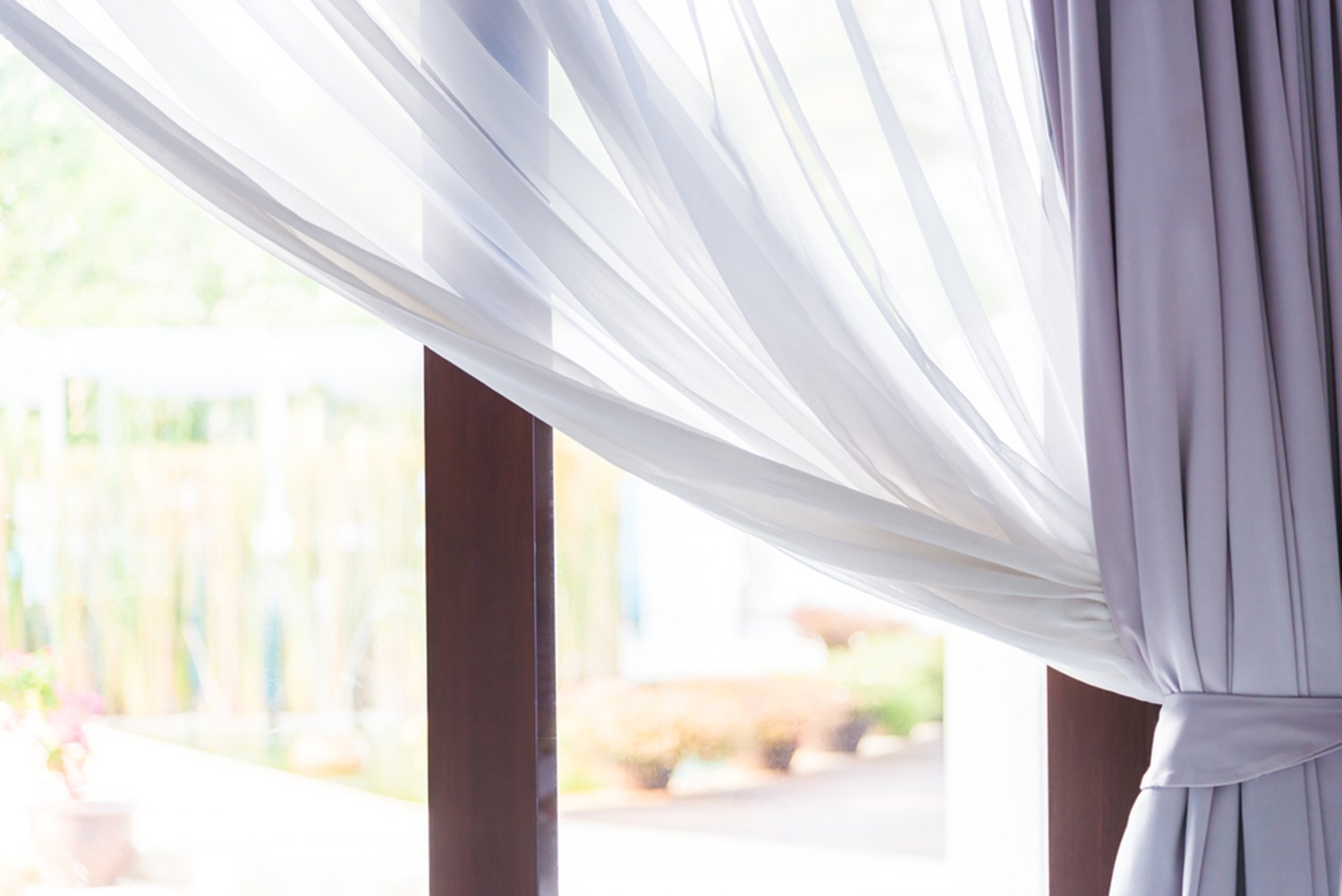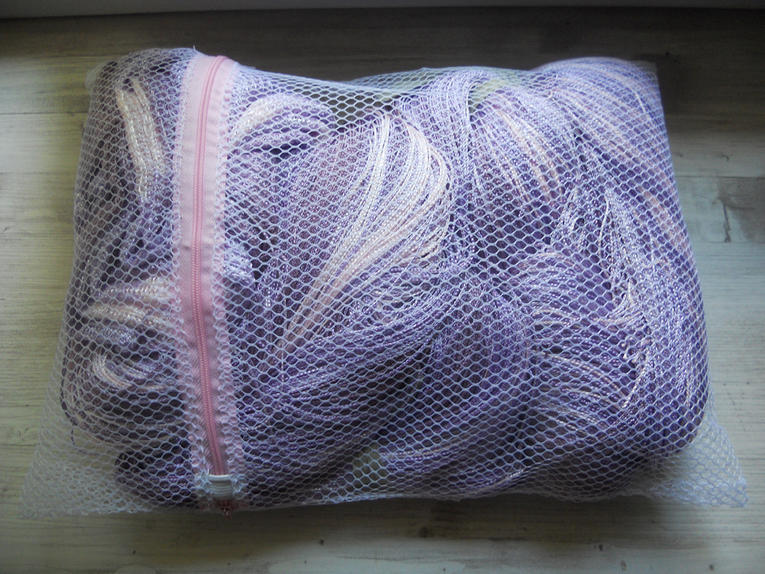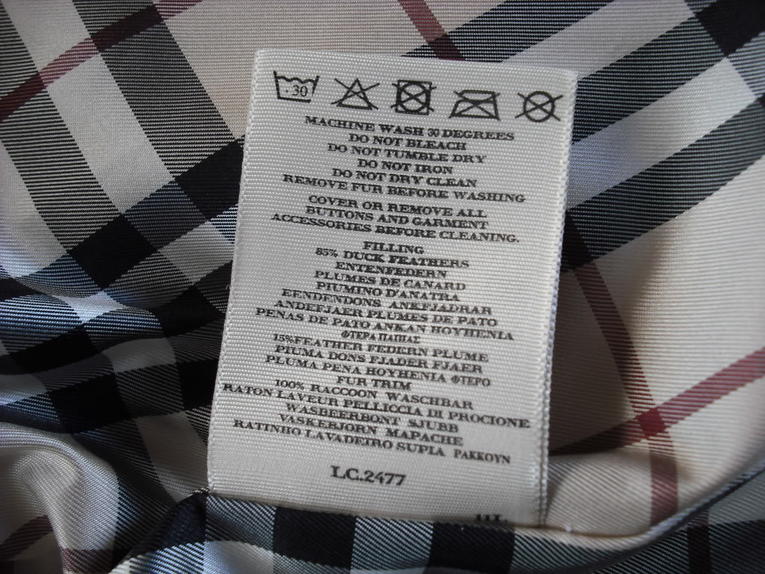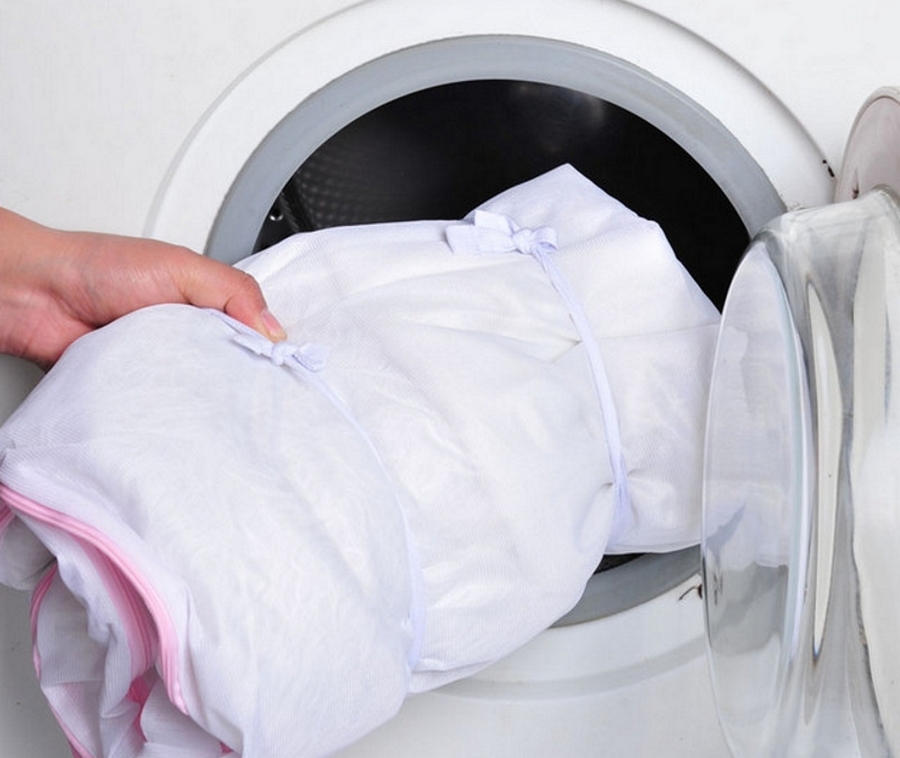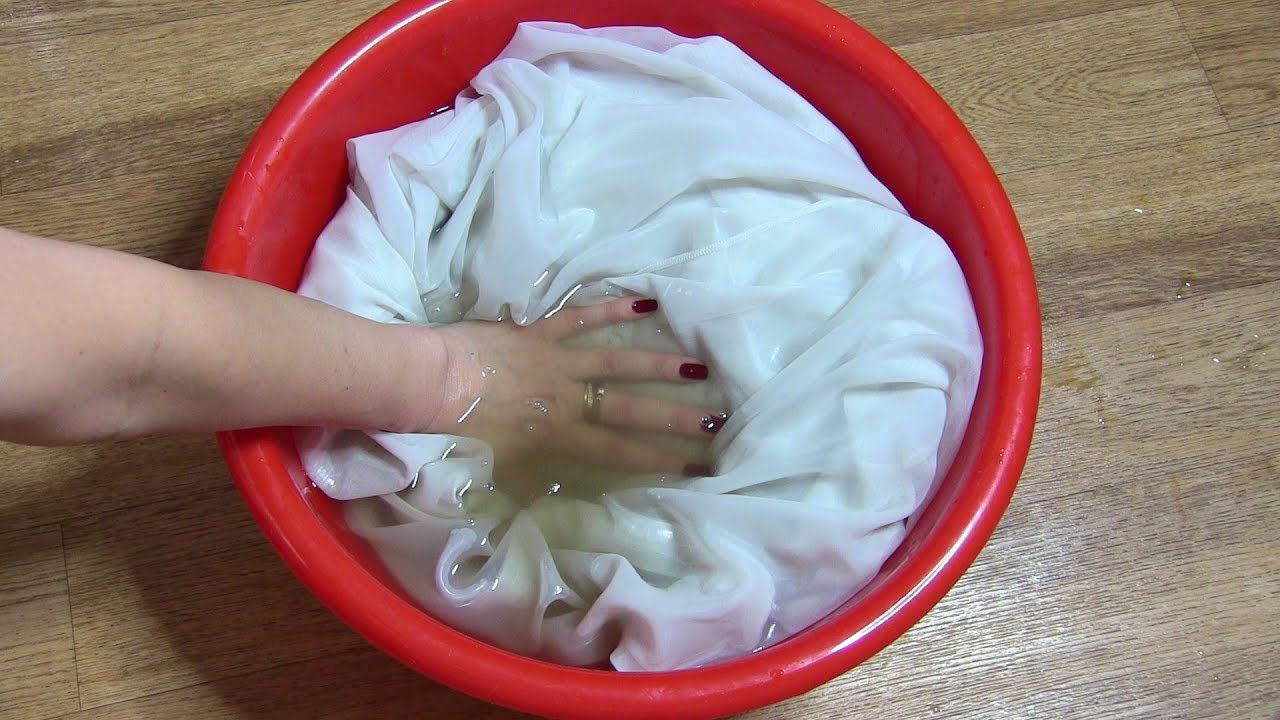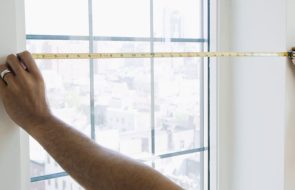Today's variety of drapery materials can confuse even an experienced housewife. The problem lies not only in the choice, but, to the greatest extent, in subsequent care. Each type requires its own conditions and correct the order of their implementation, and here we will examine in detail how this is done.
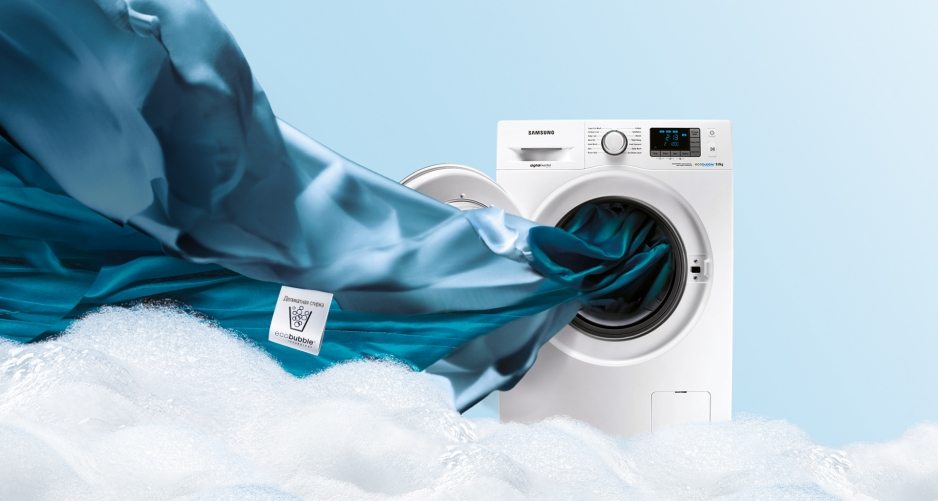
Important!Before taking down the curtains, we recommend taking a photo of them, especially if they consist of several parts and contain many decorative elements. You will feel the value of this recommendation when you hang them up later. It is often almost impossible to put the composition back together without instructions.
Before starting work, the curtains removed from the window should be prepared.
- Cleaning from dust. It is carried out either by vacuuming with a suitable nozzle or by regular shaking, preferably in the open air.
It is difficult to do this alone, we advise you to take care of having an assistant in advance. - Removing the fittings. Remove and put away all associated non-woven parts, hooks, rings, cords, bows. Decorative ornaments made of beads, glass beads and others should also be carefully removed and put aside in a suitable container.
If this is not possible, the curtains must be placed in special bags. - Determine the material from which the fabric is made, to correctly select the desired program. For factory goods, this information is contained on the label; if the products are designer sewing, you can find out from the master.
When determining the composition is not possible, it is worth choosing a delicate program. - Select appropriate products for specific types of material and special bags for delicate items.
Curtains can be placed in a cloth bag. - Heavily soiled items are pre-soaked in warm water with the addition of detergent.
Thin fabrics, such as voile and organza, do not need to be soaked; they wash well anyway.
Please note!Do not combine natural and synthetic fabrics in the same load.
Almost all types of woven curtains are machine washable, the difference is correct program setting, water temperature and spinning option. Most types of curtains cannot be spun in the washing machine.
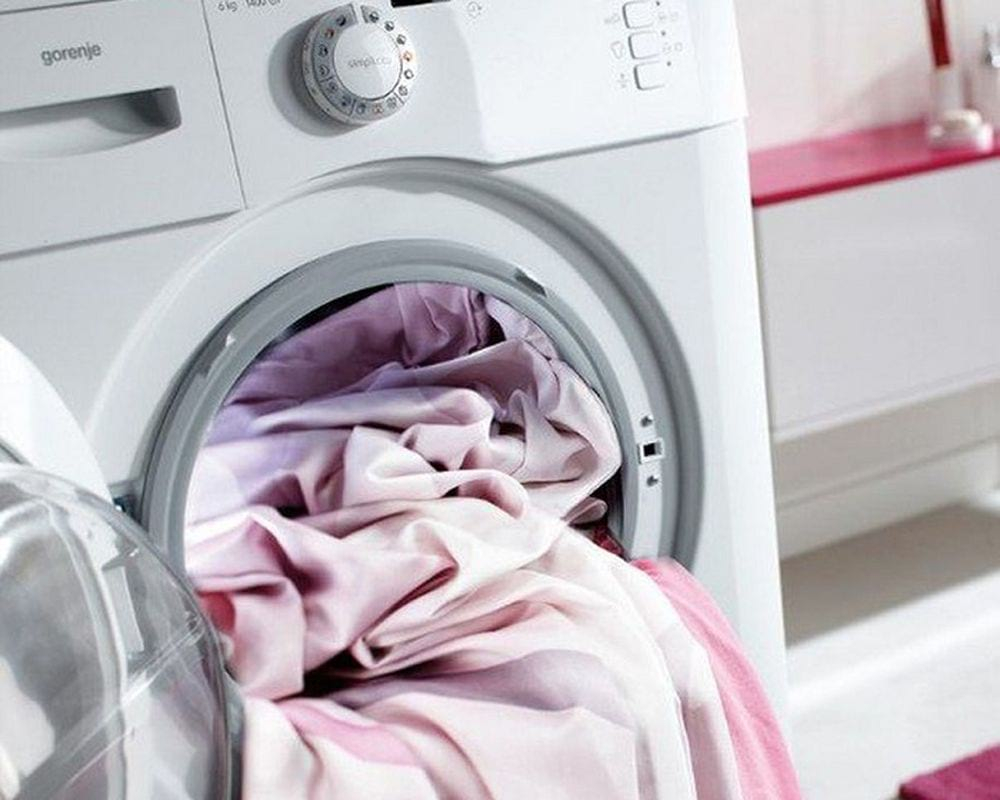
Important!Curtains should be washed at least twice a year. Kitchen curtains should be washed at least twice as often, as they get dirty faster due to cooking fumes. Light and airy curtains require attention more often, at least once every two or three months.
Content
Laundry for "window clothes"
Thick fabrics, curtains and drapes.
- Flax. Linen curtains tolerate hot water well, for unpainted ones you can raise the heating to 95°. If they are painted, no more than 60° is enough. Items with embroidery and bright printed patterns can withstand heating up to 40 degrees. Curtains made of linen It is better not to wring out fabrics in the washing machine, as they are prone to severe wrinkling.
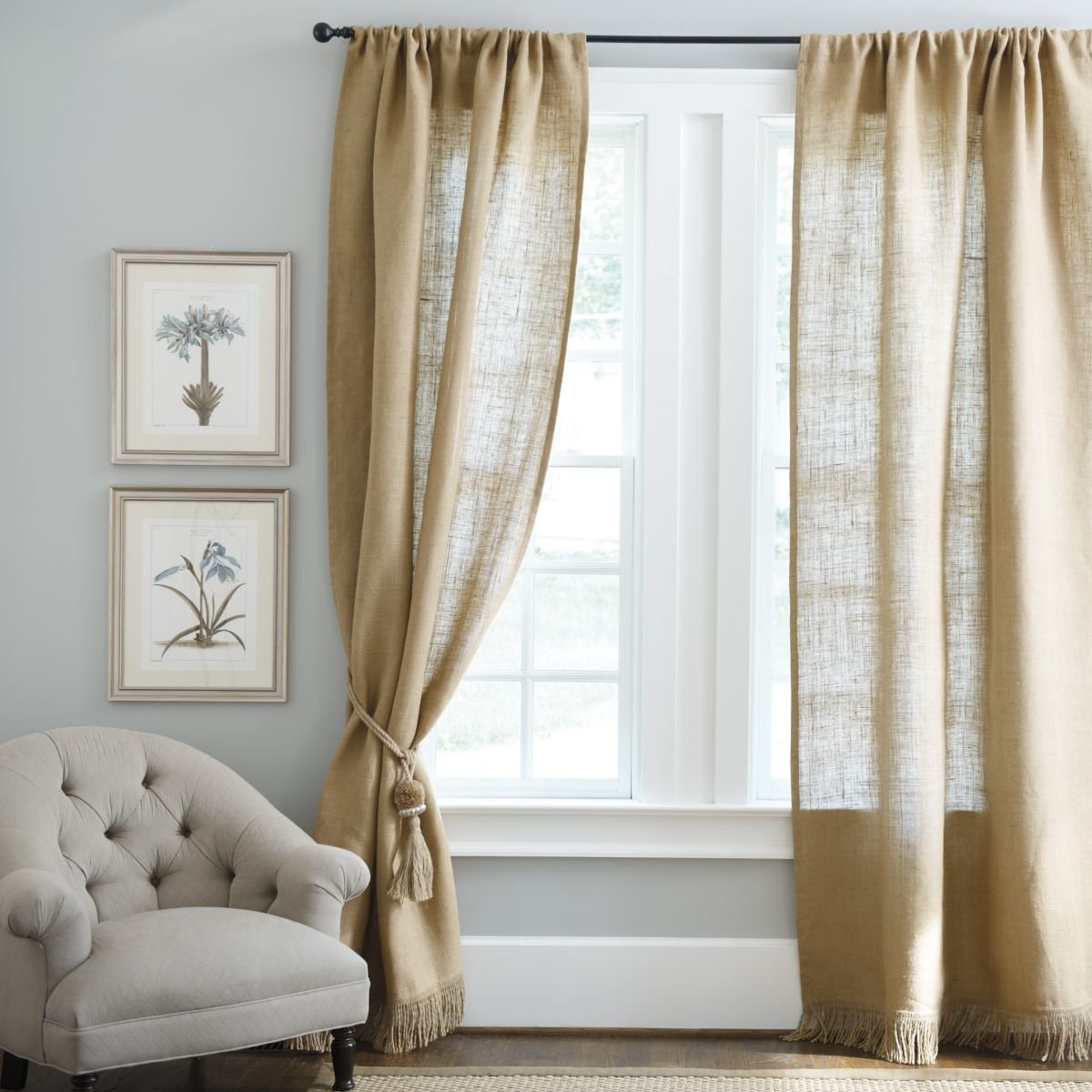
- Cotton. There is a special program for cotton products, and it must be followed. For colored products, heating is allowed within 60°, if the designs are bright and printed, there is embroidery, then no more than 40°. They can be spun at maximum speed.
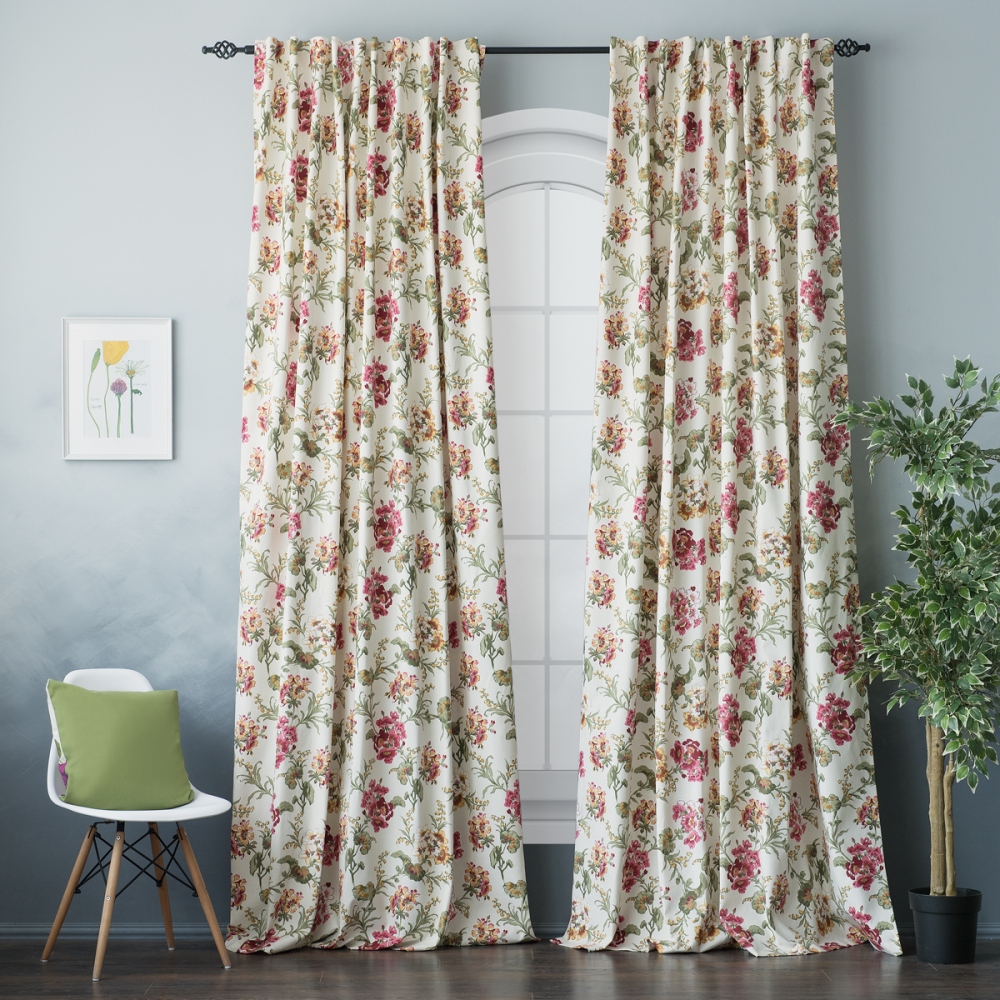
- Matting. Matting products can be washed in any mode, but the temperature should be set to no more than 30 degrees.
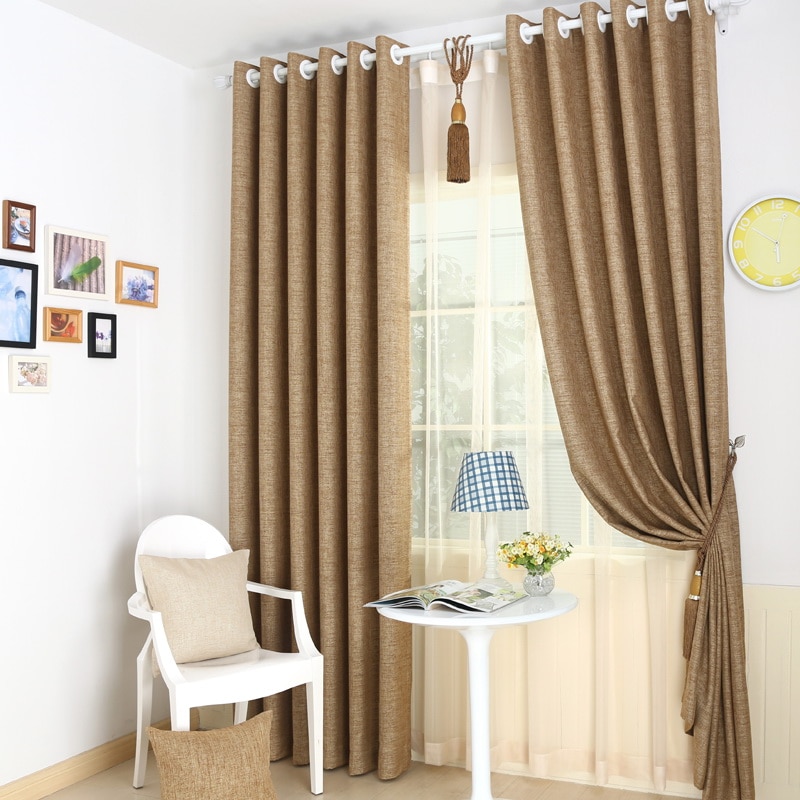
- Taffeta, brocade, satin and other thick fabrics with a glossy surface. Such fabrics are washed at a temperature of no more than 50°, if there are patterns - no more than 30°. Spinning is not recommended, as they are prone to creasing.
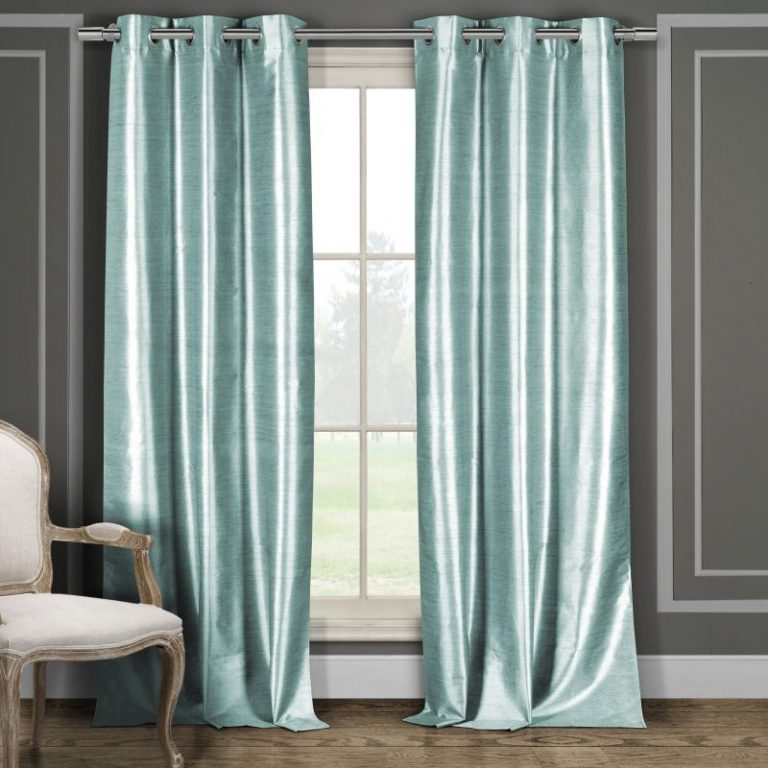
- Velvet, velour, tapestry, jacquard, gabardine and other heavy curtains It is better to take it to the dry cleaner. In case of emergency, when machine washing temperature water temperature should not exceed 30°. Soaking is not recommended for velvet and velour, machine washing is allowed for no more than half an hour, the fabric should be loaded into the drum, folded with the pile inside.
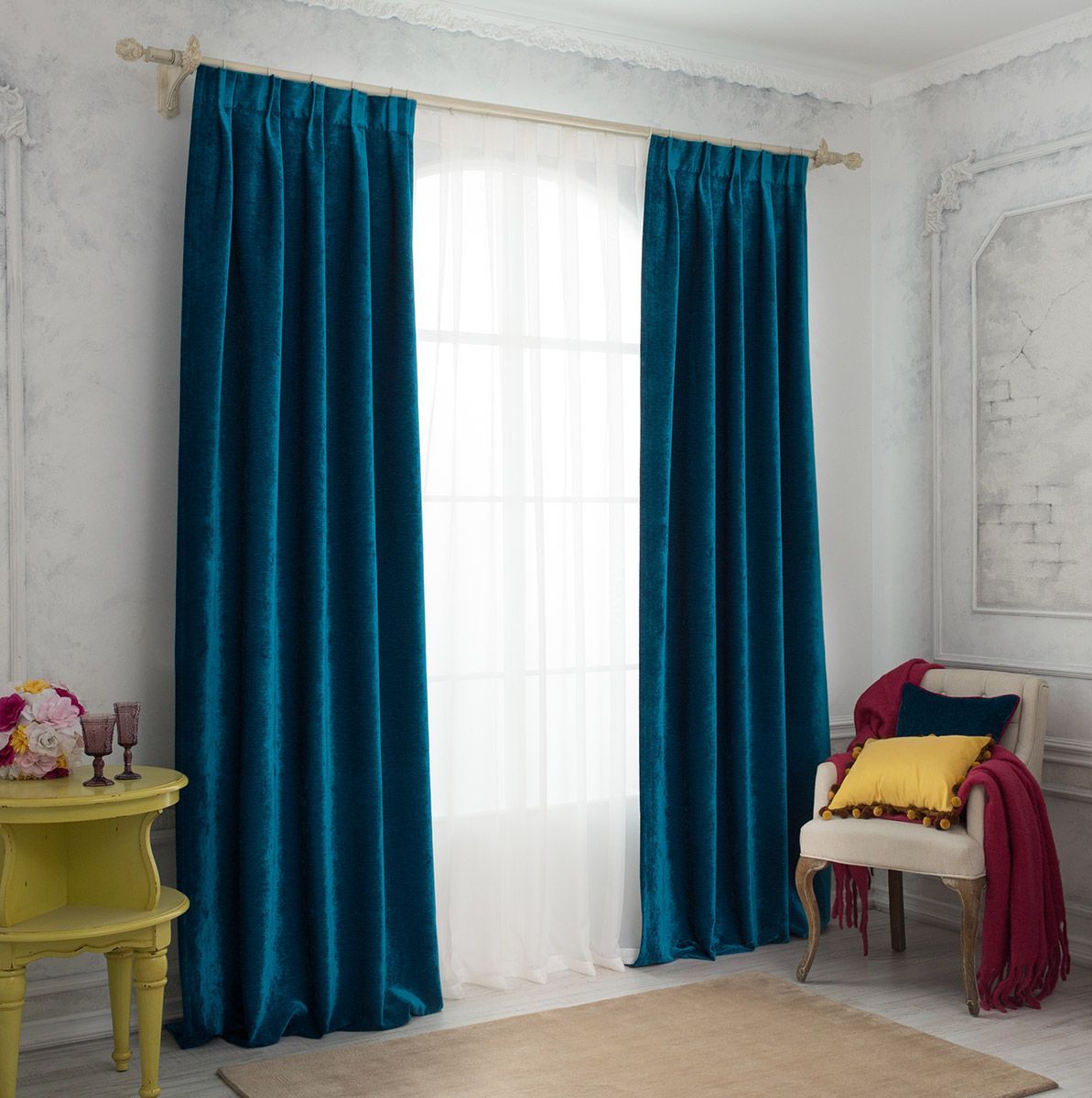
Important!Before wash products made of dense material, it is advisable to find out whether it has undergone decating. This is a procedure of forced shrinkage of fabrics, which is carried out before cutting and sewing. On factory products, this information may be present on the label; if the products are designer, you can ask the manufacturer about decating. If it is not possible to find out, wash them for up to half an hour, in the coolest water and exclude spinning.
Light fabrics, curtains
- Organza, semi-organza, veil, silk. It is advisable to wash them in individual bags so as not to damage the delicate material. Set the mode to manual, heating no more than 40°. Set the time to half an hour.
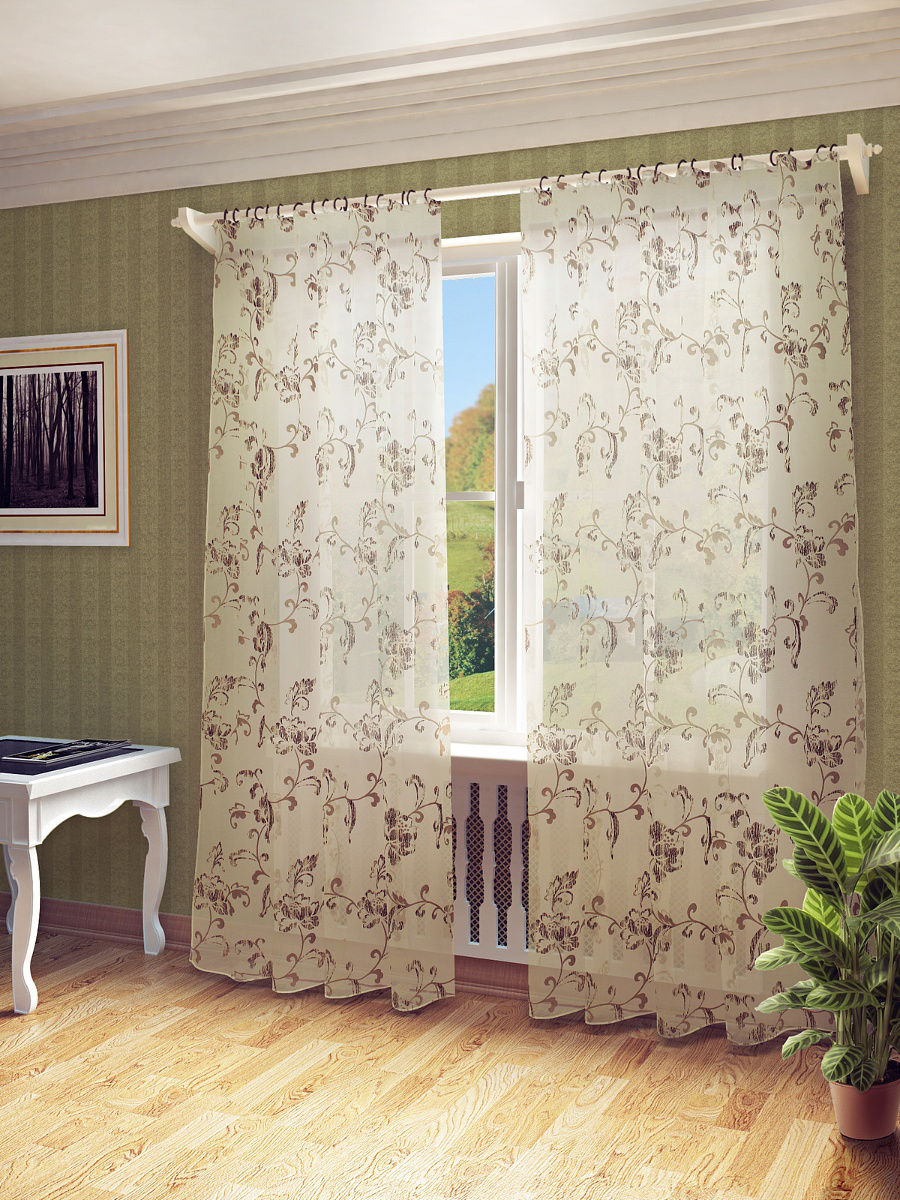
- Acrylic, viscose. They must be washed on a delicate cycle at a temperature of no more than 40 degrees. It is recommended to add conditioner to a special compartment to avoid roughening of the item.
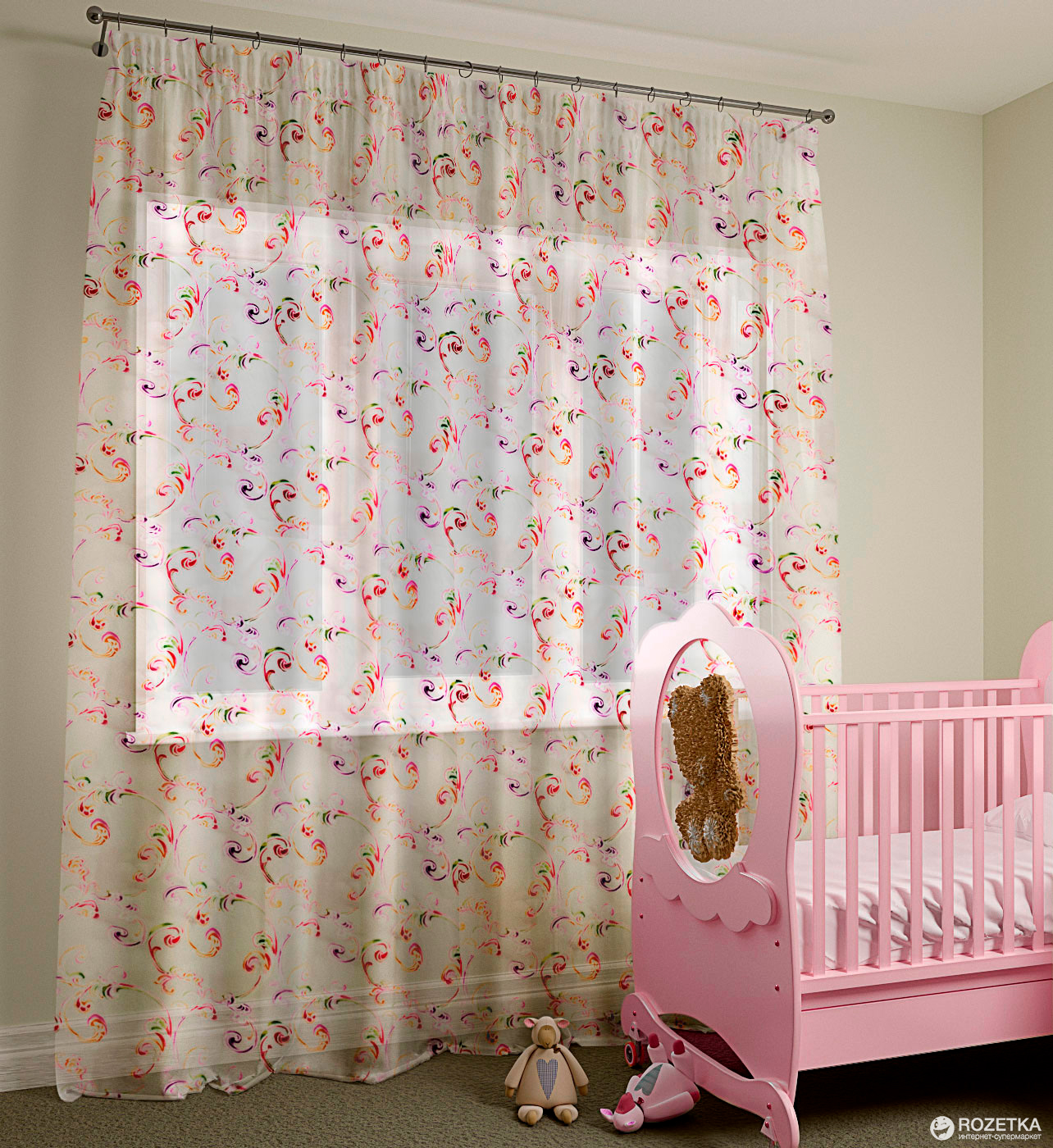
- Tulle, capron, nylon. It is advisable to place the tulle in a special bag before placing it in the drum. The water temperature for these items should be set to a minimum, no more than 40°. Powders or shampoos that produce minimal foam are suitable here.
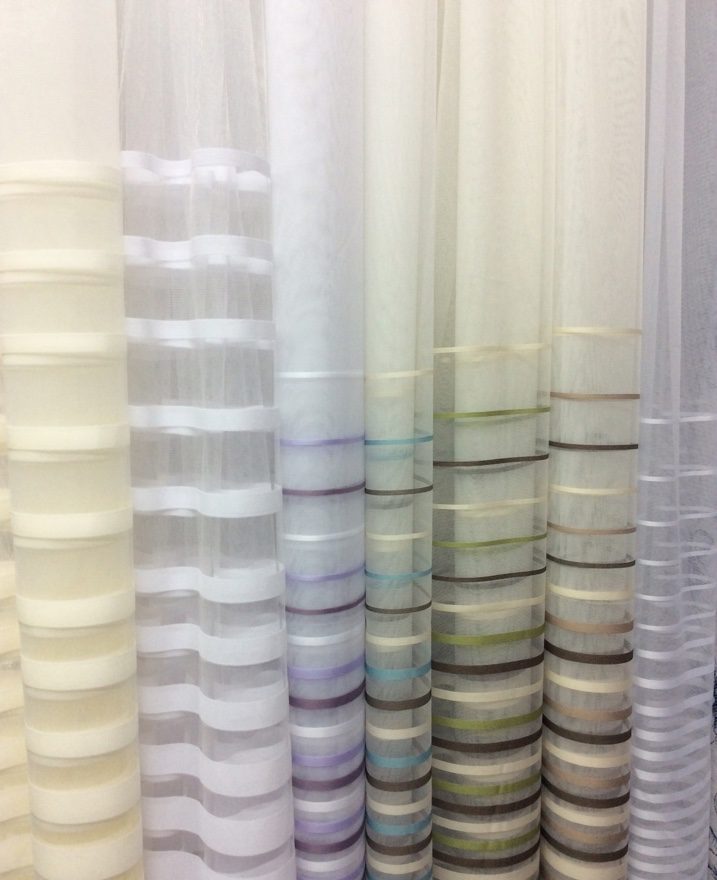
- Polyester. Delicate cycle only, no more than 40 degrees to prevent creases. Minimal addition of detergents and thorough rinsing are required to avoid streaks.
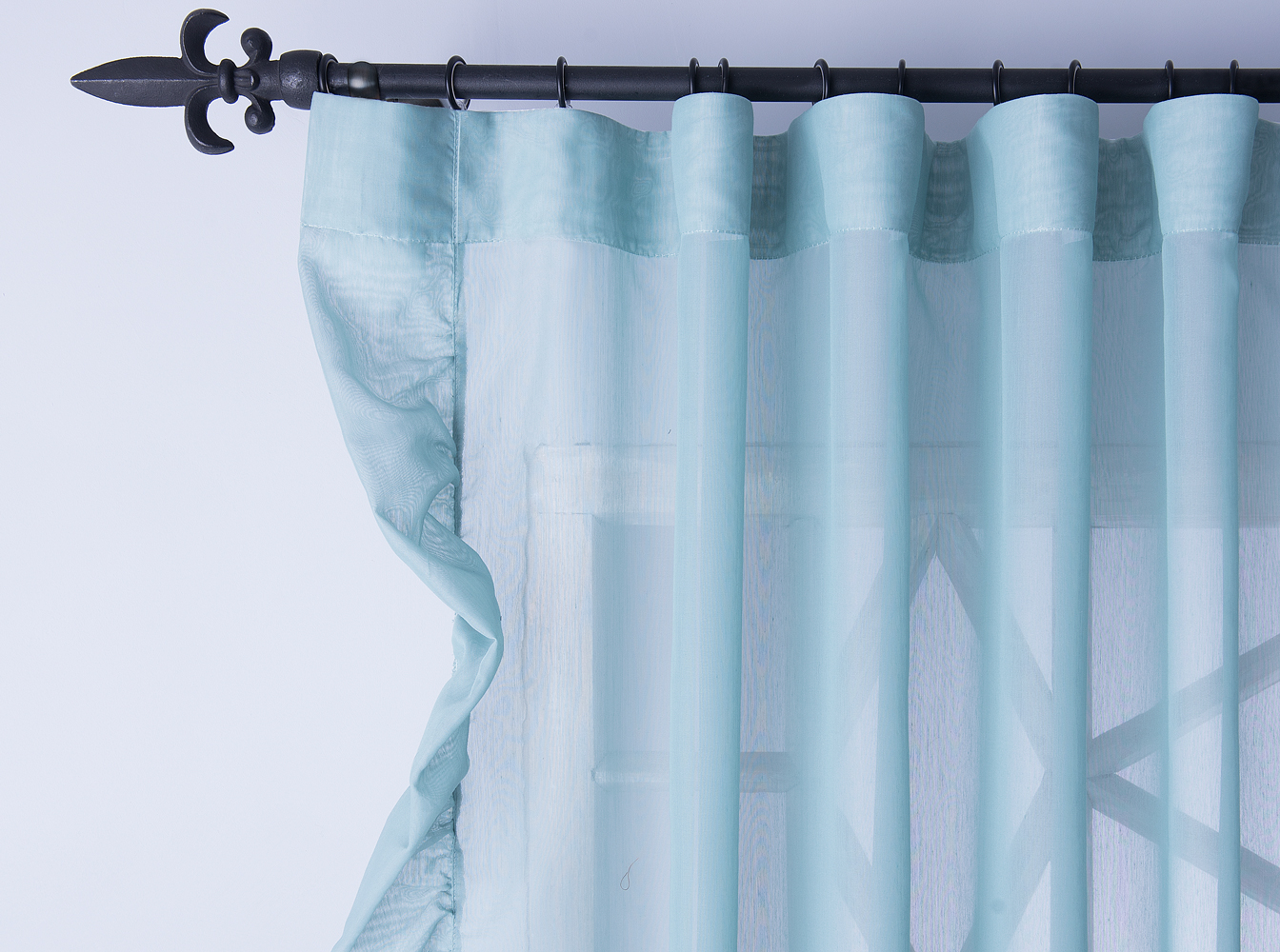
From threads and ropes
Thread and rope curtains have their own preparation features. Before loading such items into the washing machine, it is necessary to prepare them by tying them in several places with twine to avoid tangling threads. You can also braid the threads and rope hanging in loose braids.
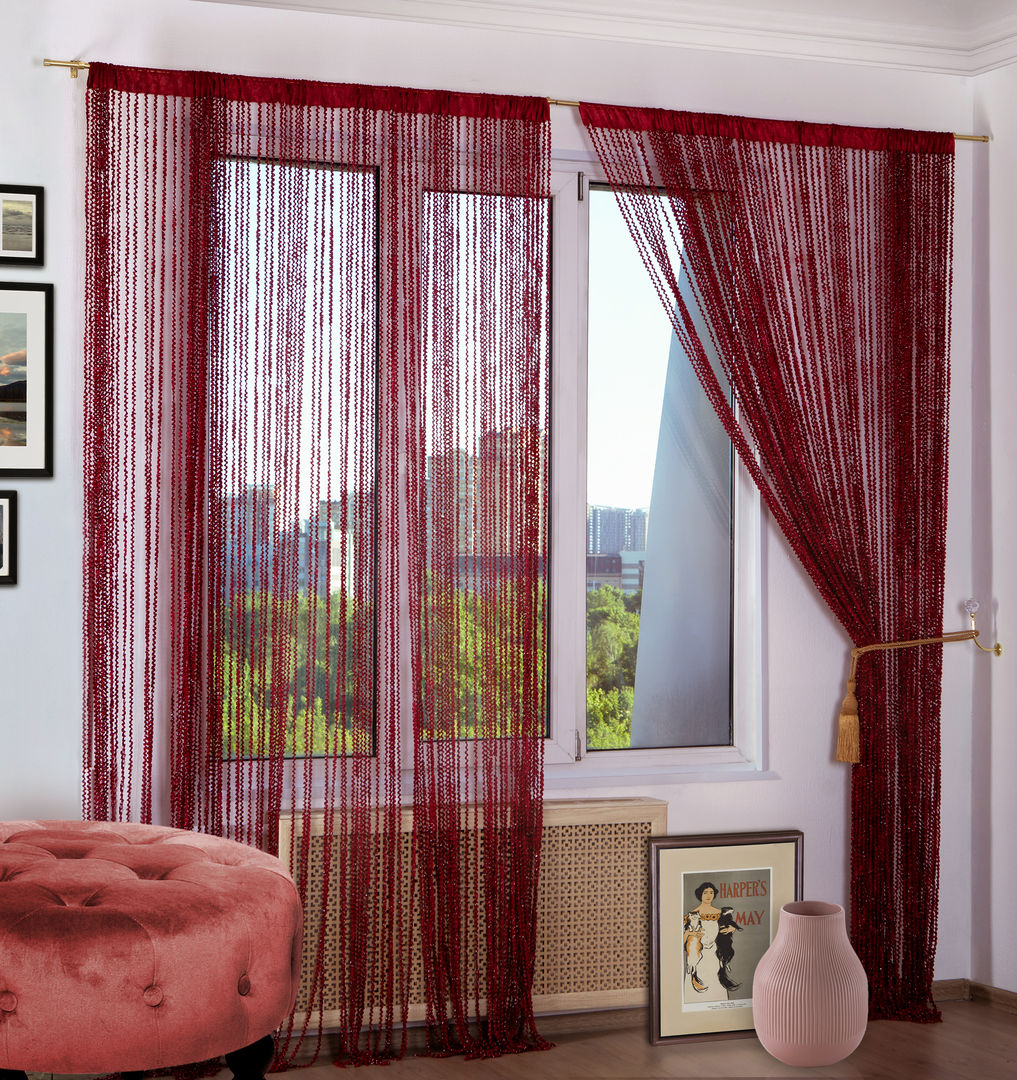
After that, put them in a special bag. The mode here needs to be set manual, temperature no higher than 30°. It is strictly forbidden to wring them out. It is advisable to take detergents that form a minimum amount of foam.
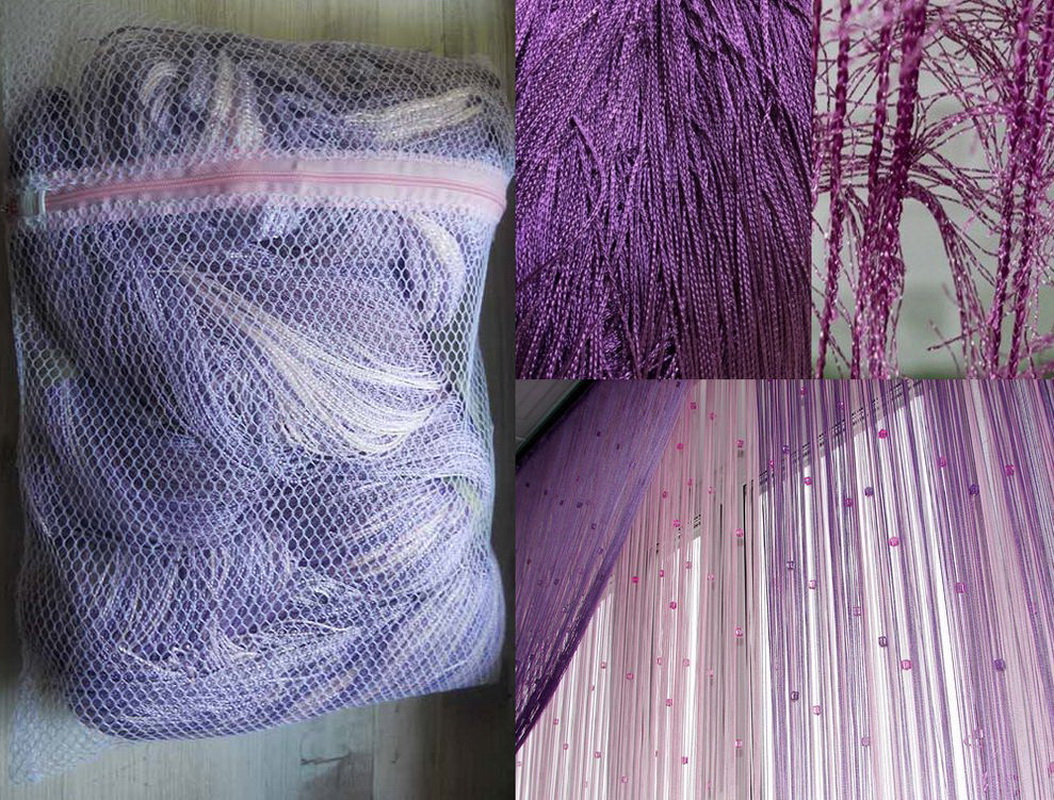
Please note!It is advisable to place curtains made of light materials in the washing machine in special bags to prevent deformation. Such bags are sold in household goods departments. They can be used repeatedly.
Blackout curtains
The fabric for the production of the blackout standard is made on a polyester base and has a double satin weave. Due to its properties, it provides complete darkness in the room, as well as soundproofing and retains heat. These curtains will perfectly provide protection from light and extraneous sounds, so they are best used in the bedroom or children's room.
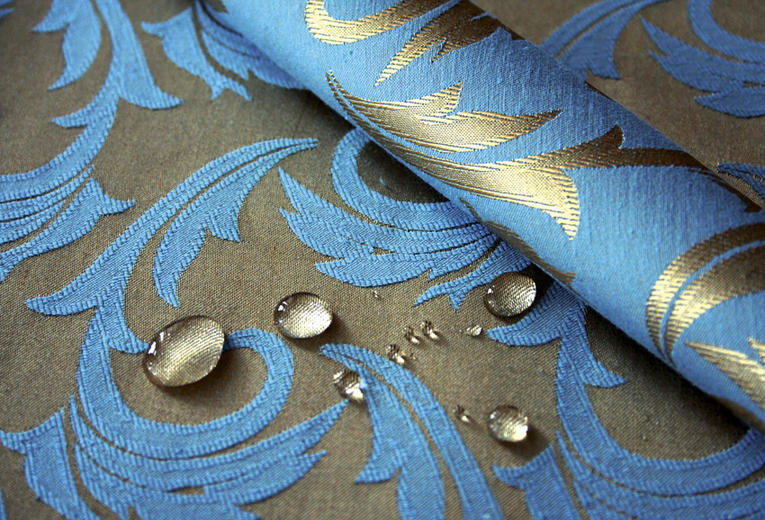
Blackout curtains in the washing machine Can wash like in any mode, including at high temperatures, and also spin at maximum speed, if the composition does not contain a metallized coating or acrylic layer.
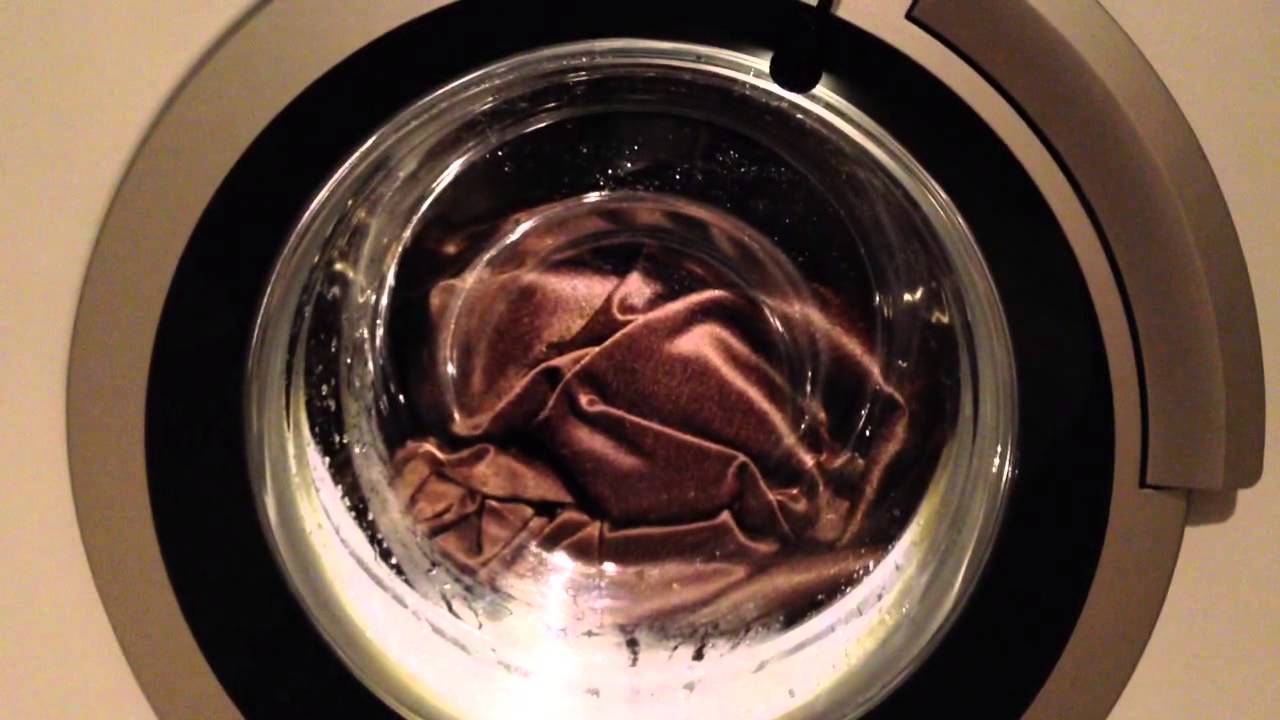
Please note!Drying most types of curtains in washing machines is not recommended. Light curtains can be hung directly on the curtain rod after washing, so they will dry quickly and will not lose their shape. Other types of curtains are hung in a place where there is no direct sunlight, to drain excess water.
Washing curtains with hooks
It is not recommended to load curtains into washing machines with hooks attached, as they may come unhooked during the process and get caught in the filter or other important parts of the device, or get stuck in the rubber seals or in the holes of the drum, which will lead to tears and damage to the fabric.
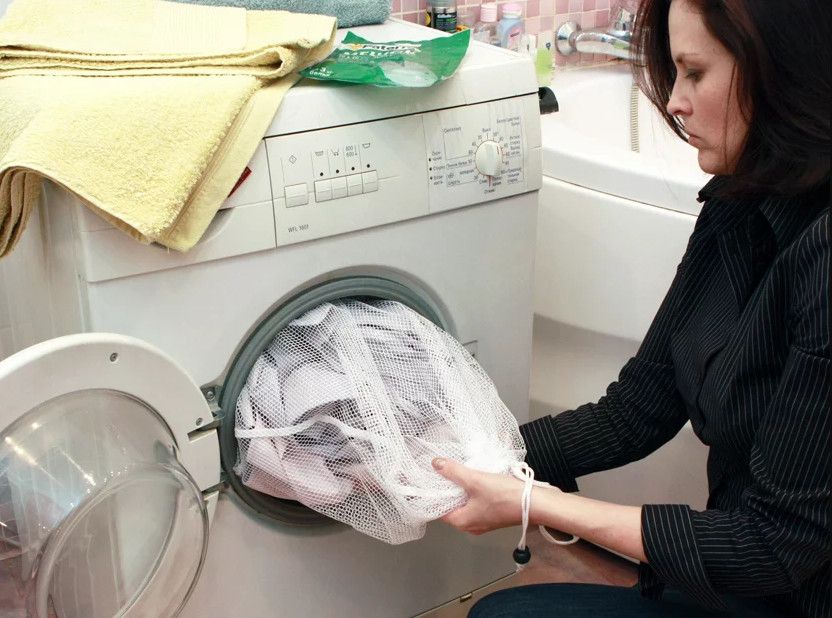
Important!The washing machine must be loaded in a volume slightly more than half the weight indicated in the instructions for this model. Combination with any other items is not allowed.
When you need to trust the professionals.
In addition to the above, there are curtains that are contraindicated for machine processing. These are classic Japanese, roller blinds, as well as vertical and horizontal blinds. It is better to entrust the maintenance of these types to professionals, since the materials from which they are made do not tolerate contact with liquid well.
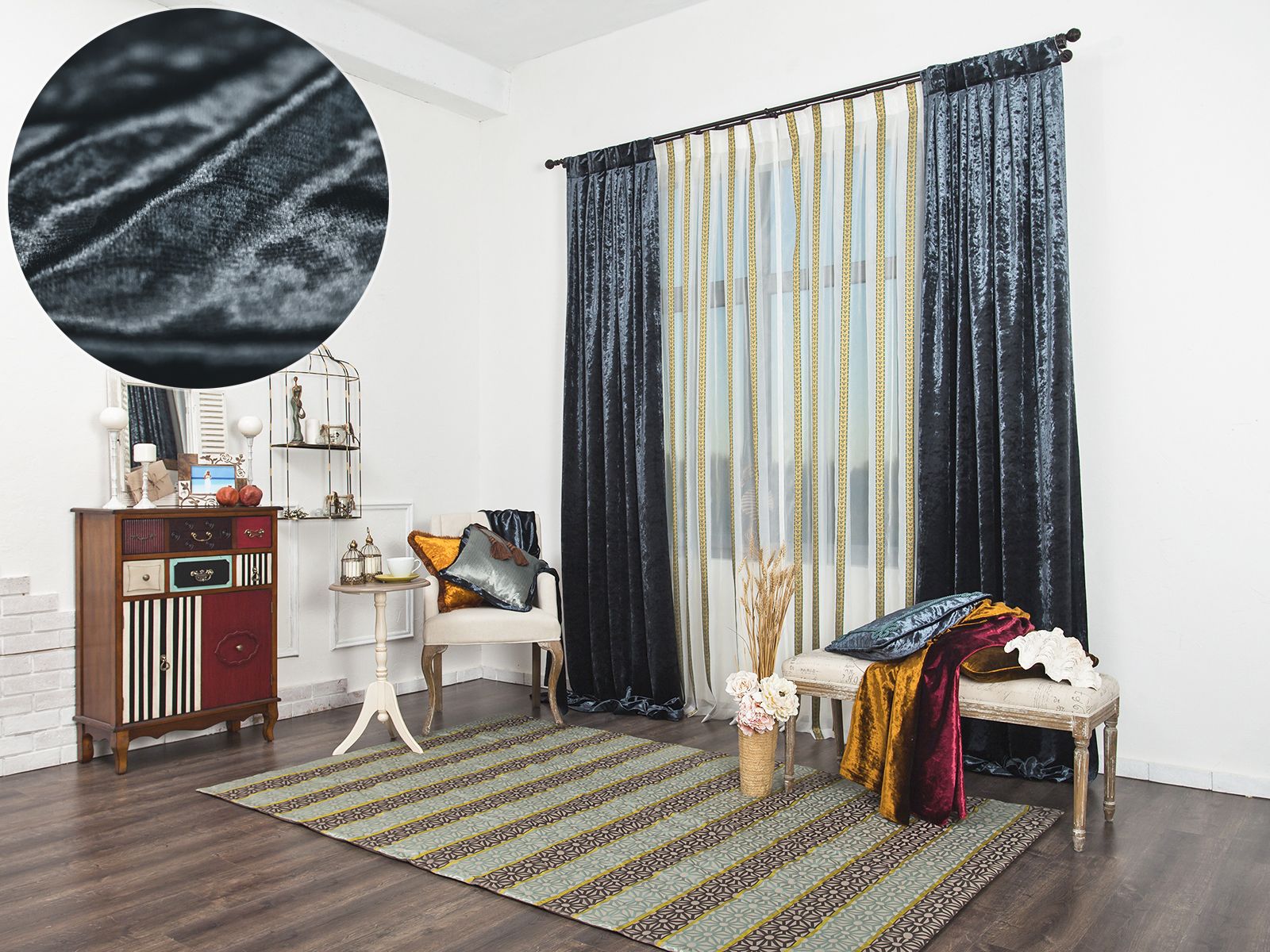
It is also advisable to use the services of professionals if you do not have information about the composition of the material or have doubts about the final result. Preparation for professional cleaning is minimal and consists of dust removal.

Please note!If machine washing is done correctly, there is no need to iron. The exception is highly wrinkled and natural fibers such as linen, cotton, silk, viscose. Iron They are best kept damp, but not wet.
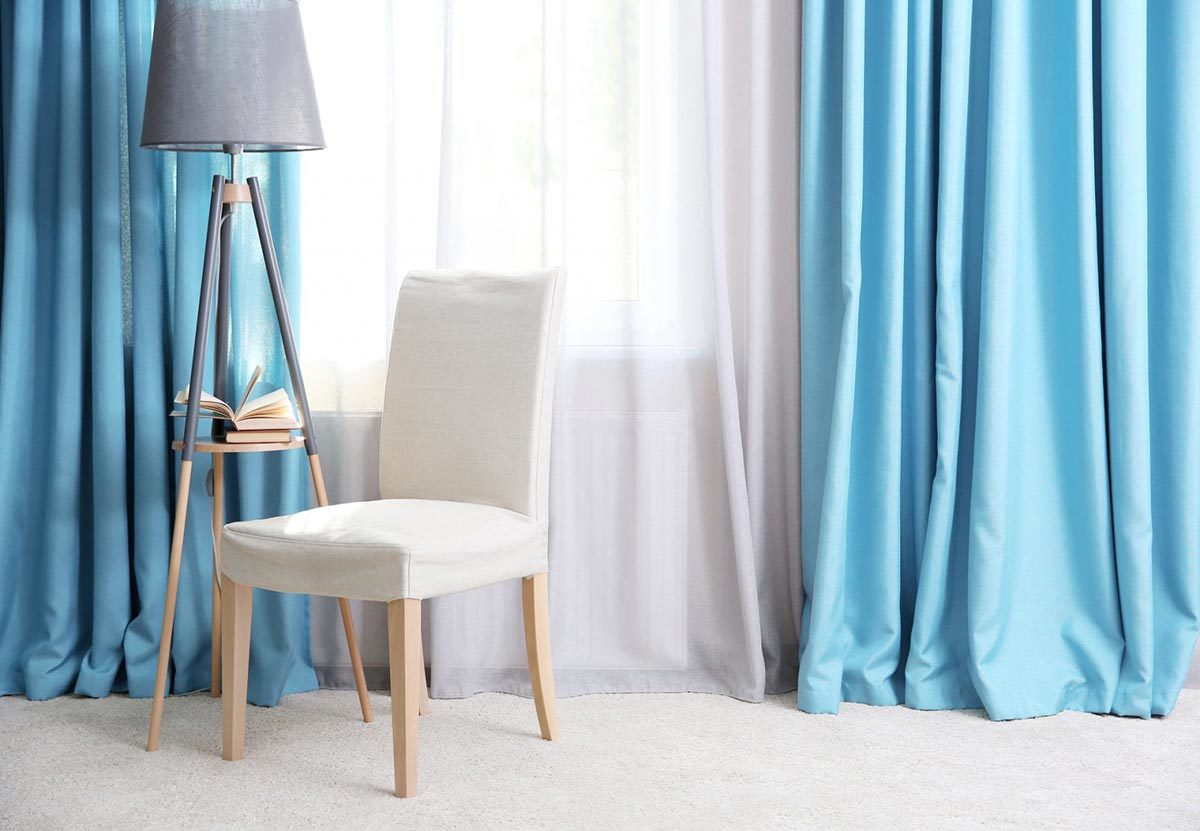
With the advent of modern technical capabilities, caring for things has become much easier. However, in order for home textiles to serve for many years and look as attractive as possible, it is necessary to follow the simple rules listed in this article.
